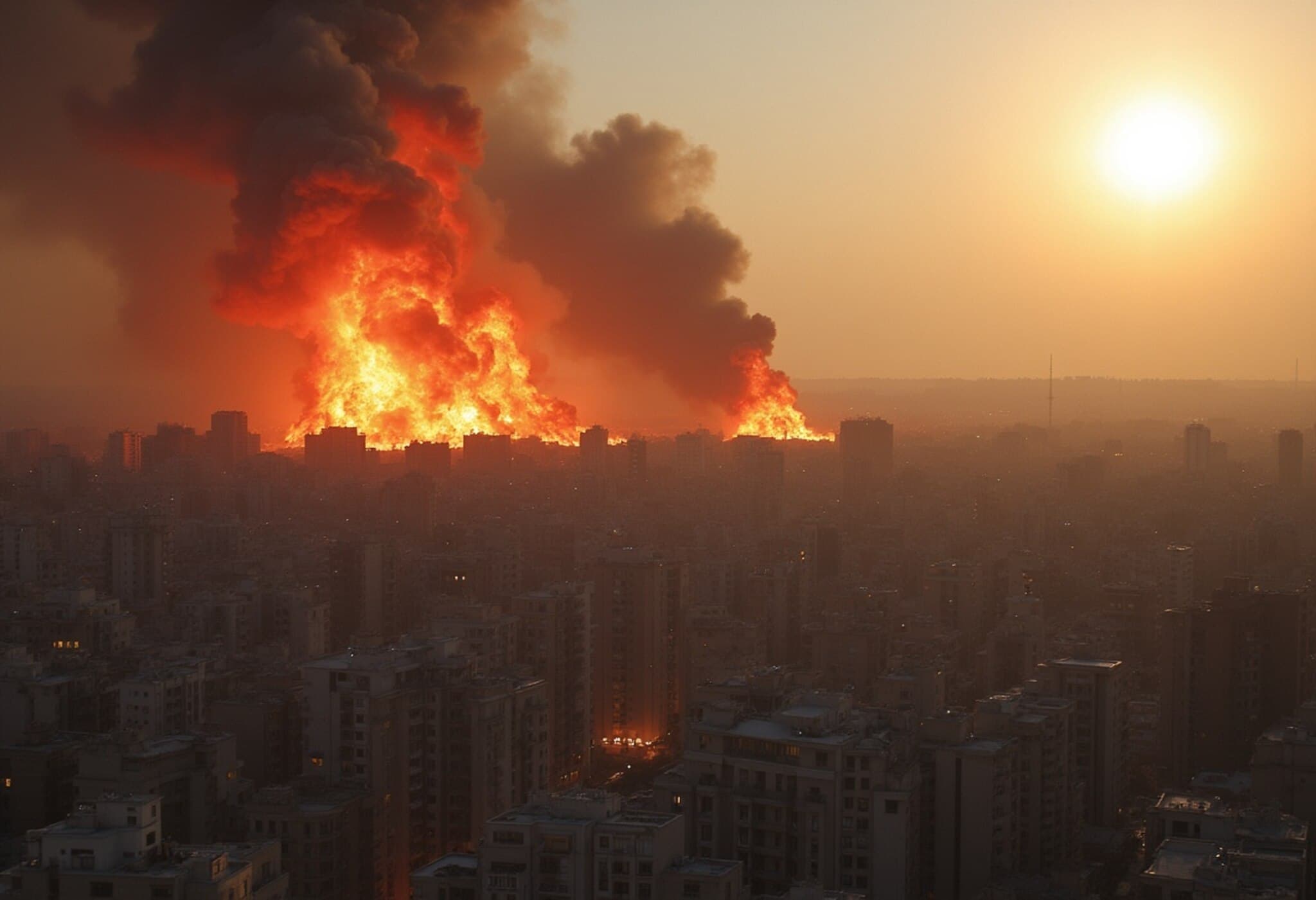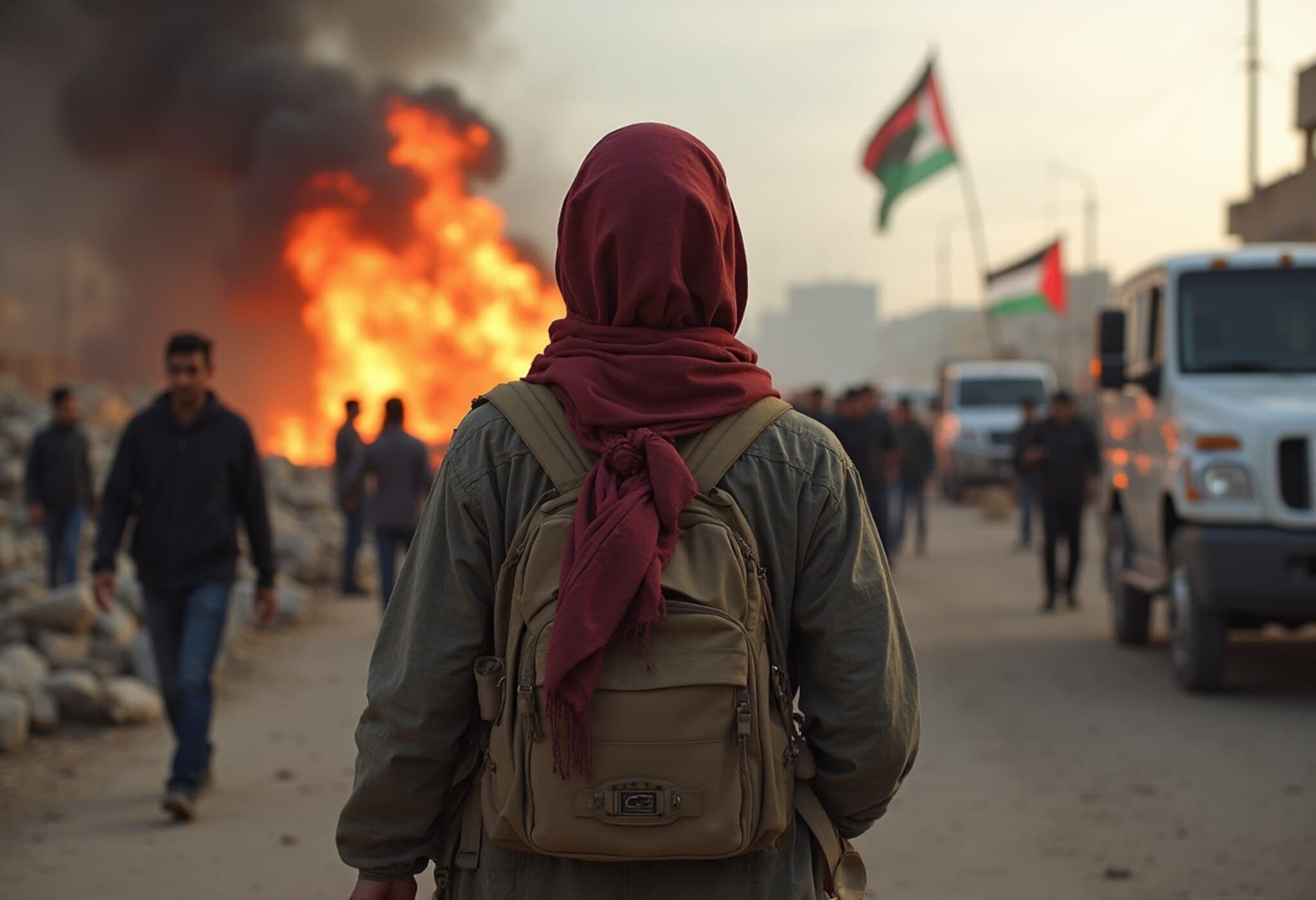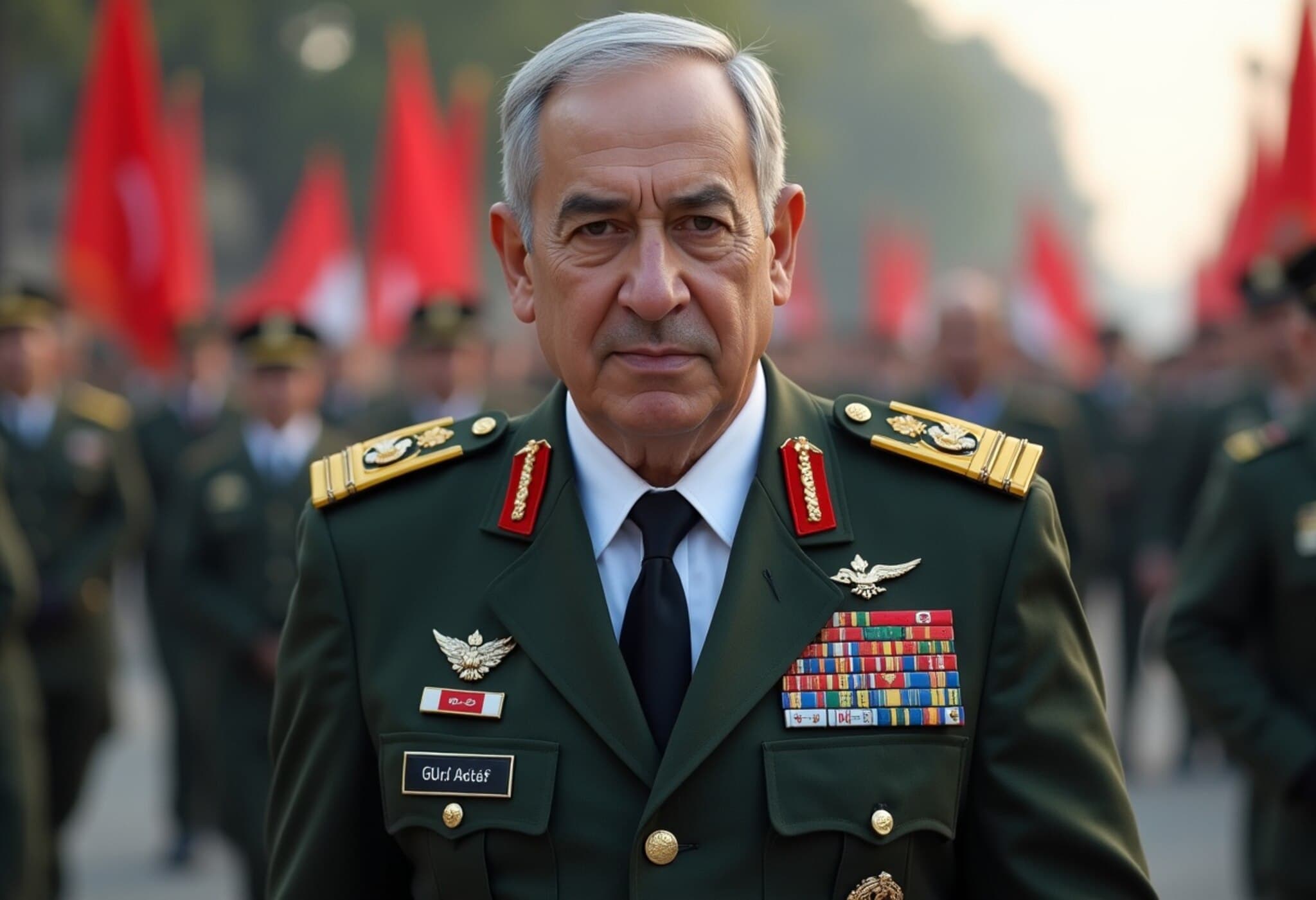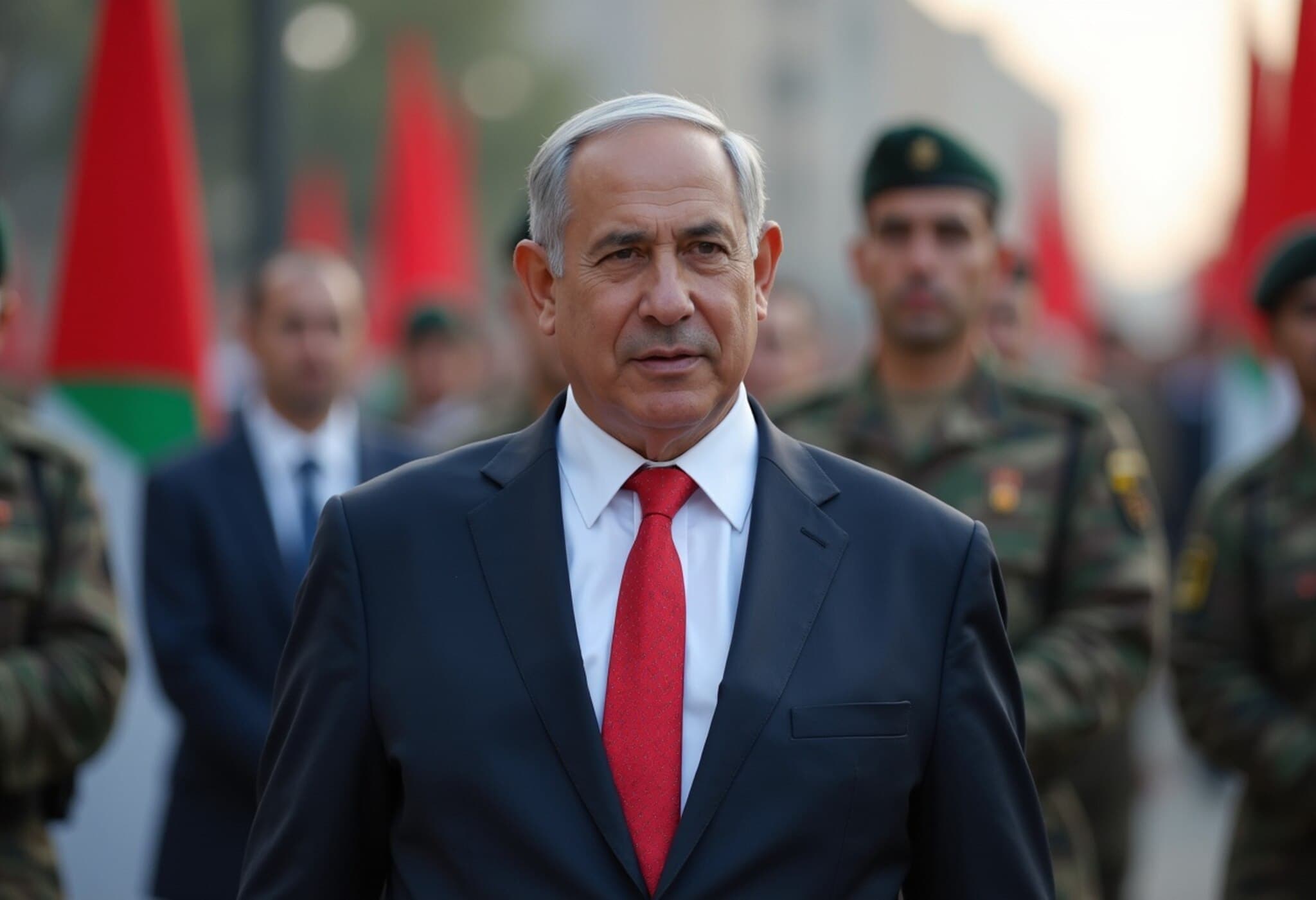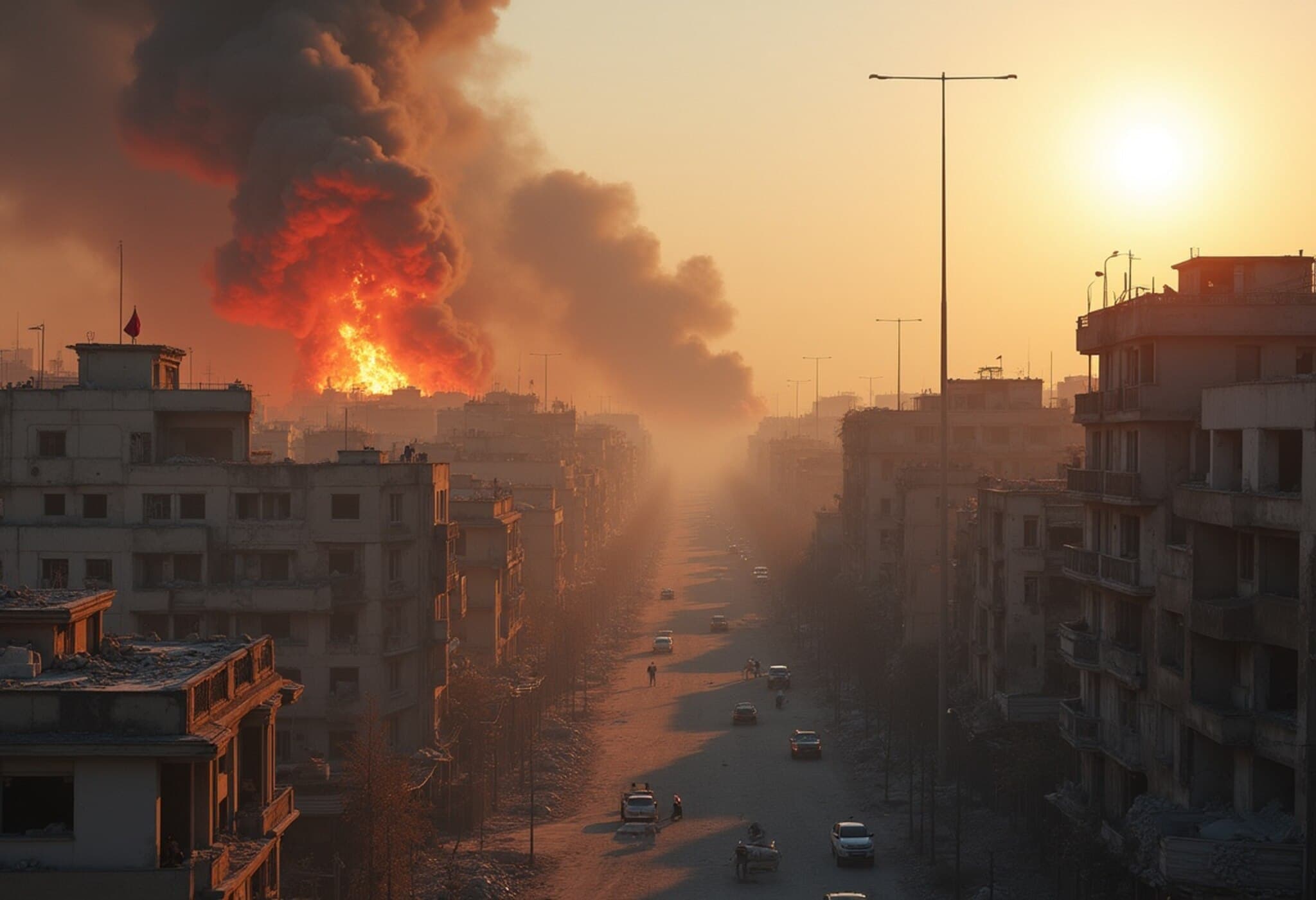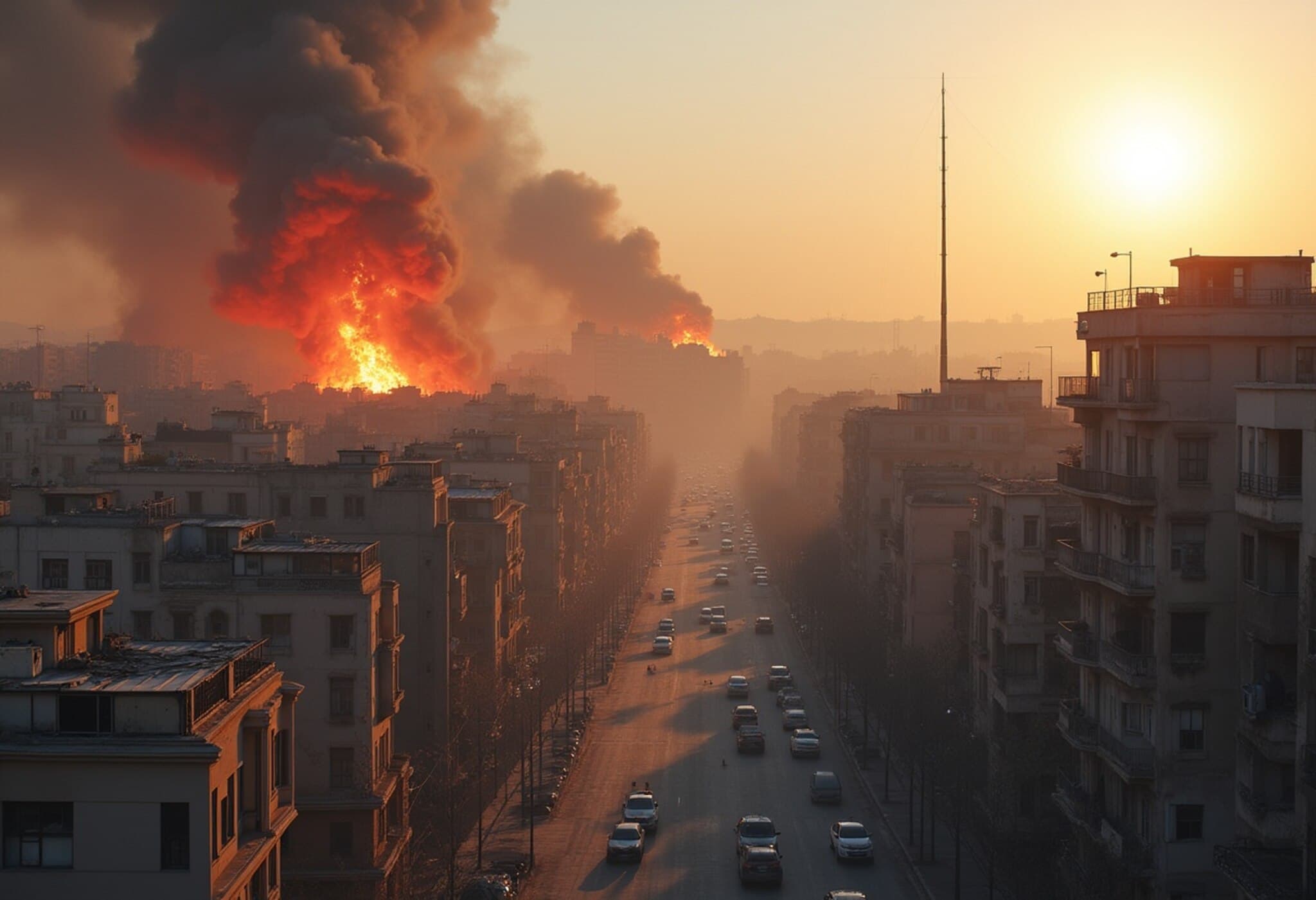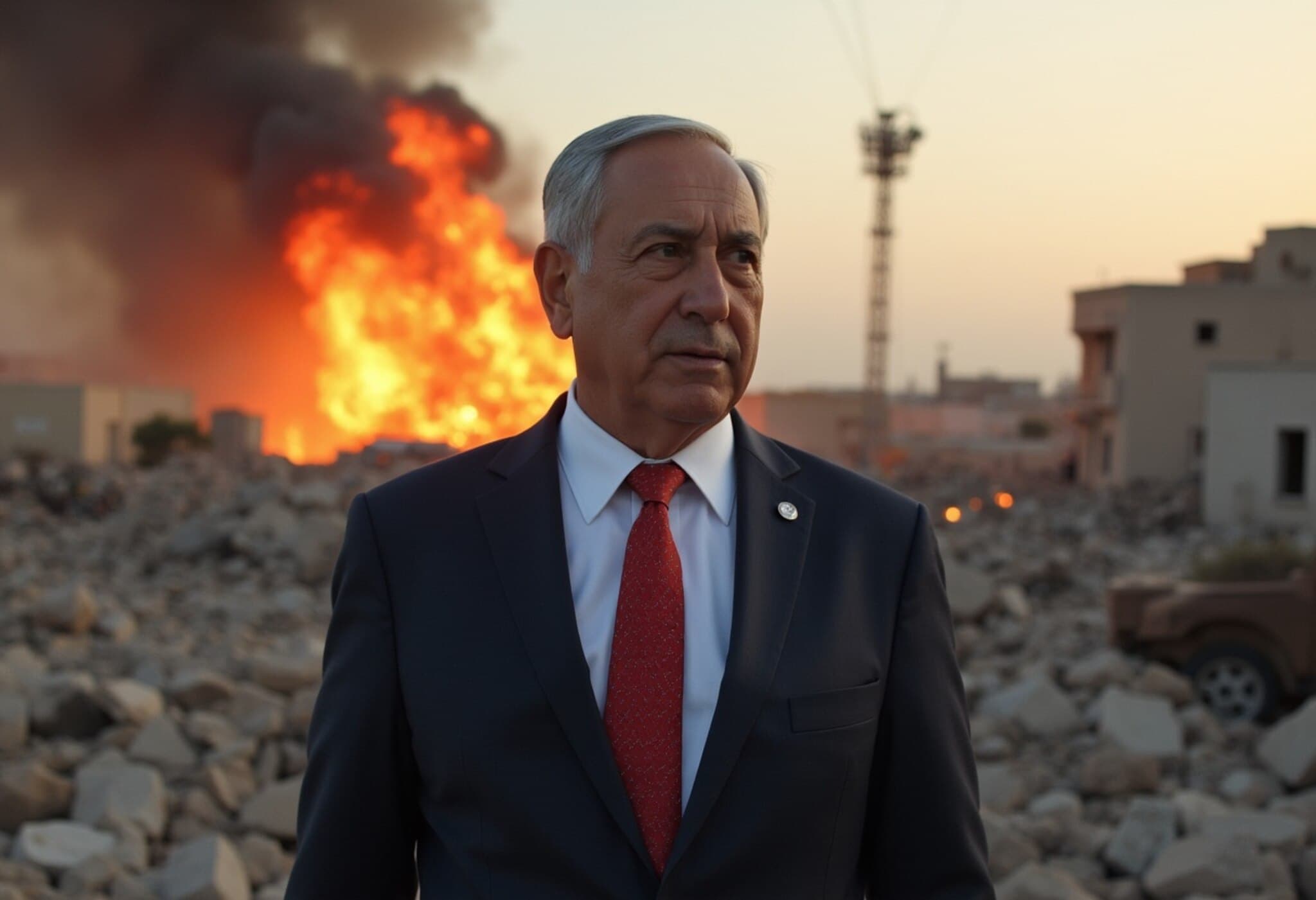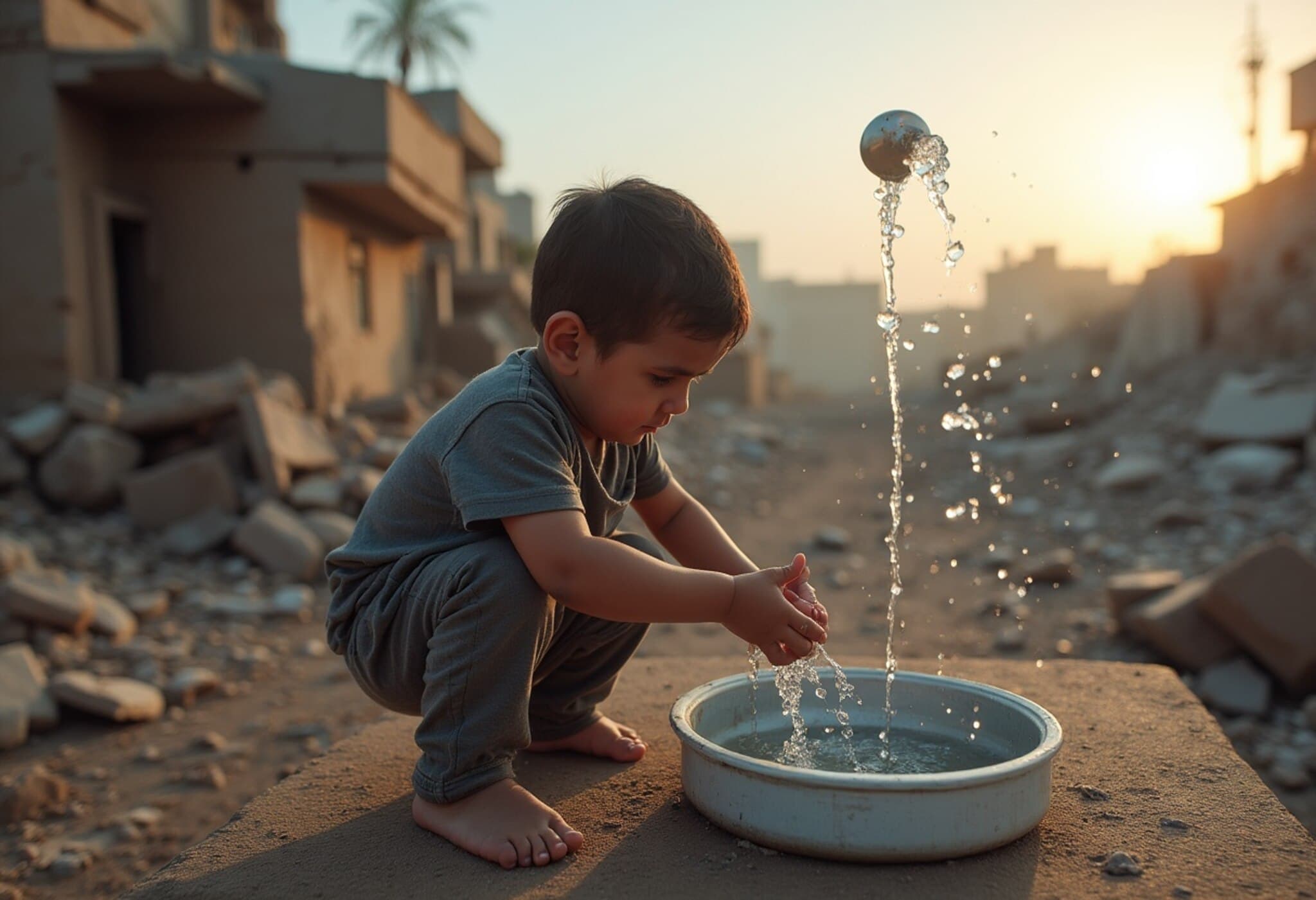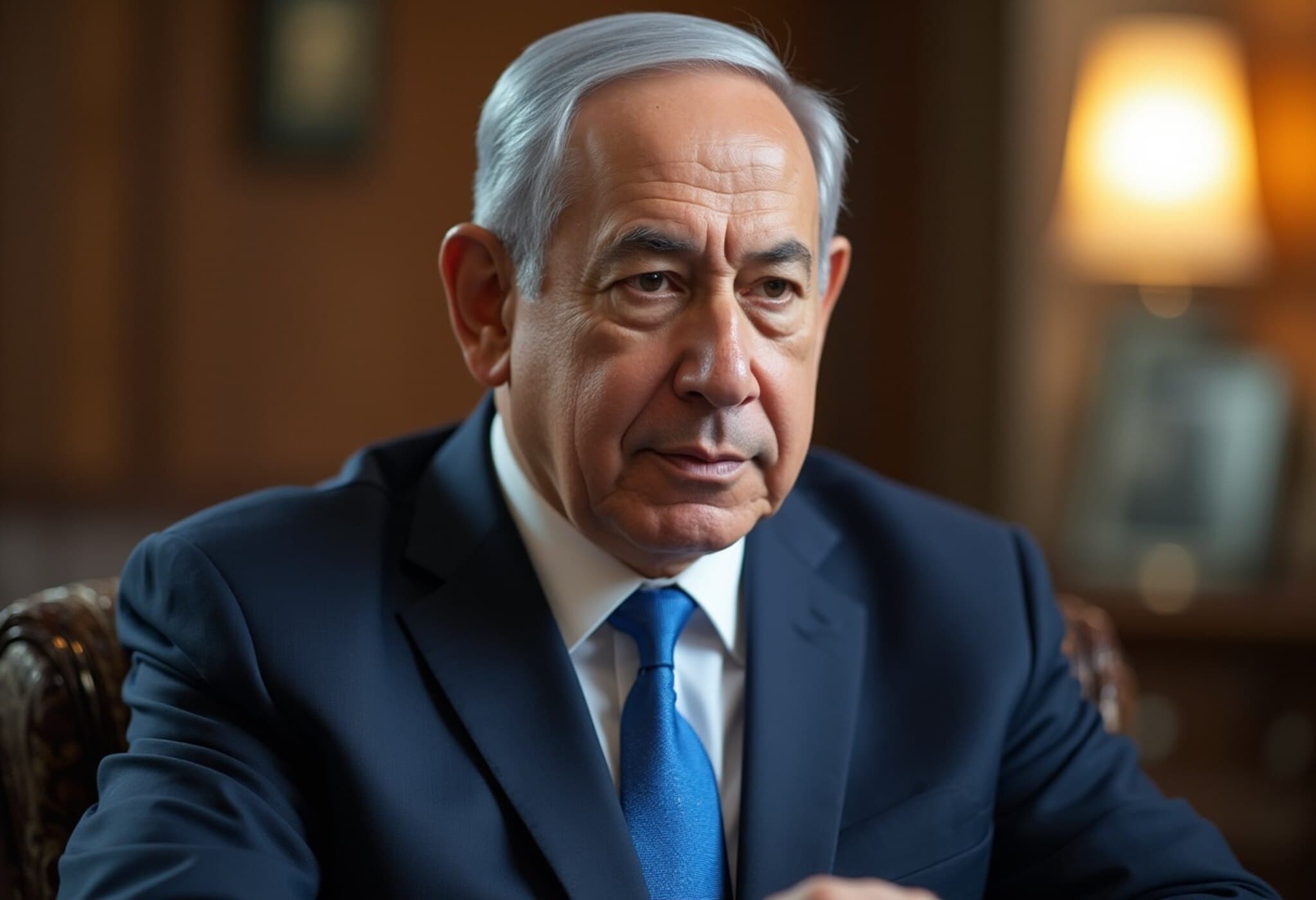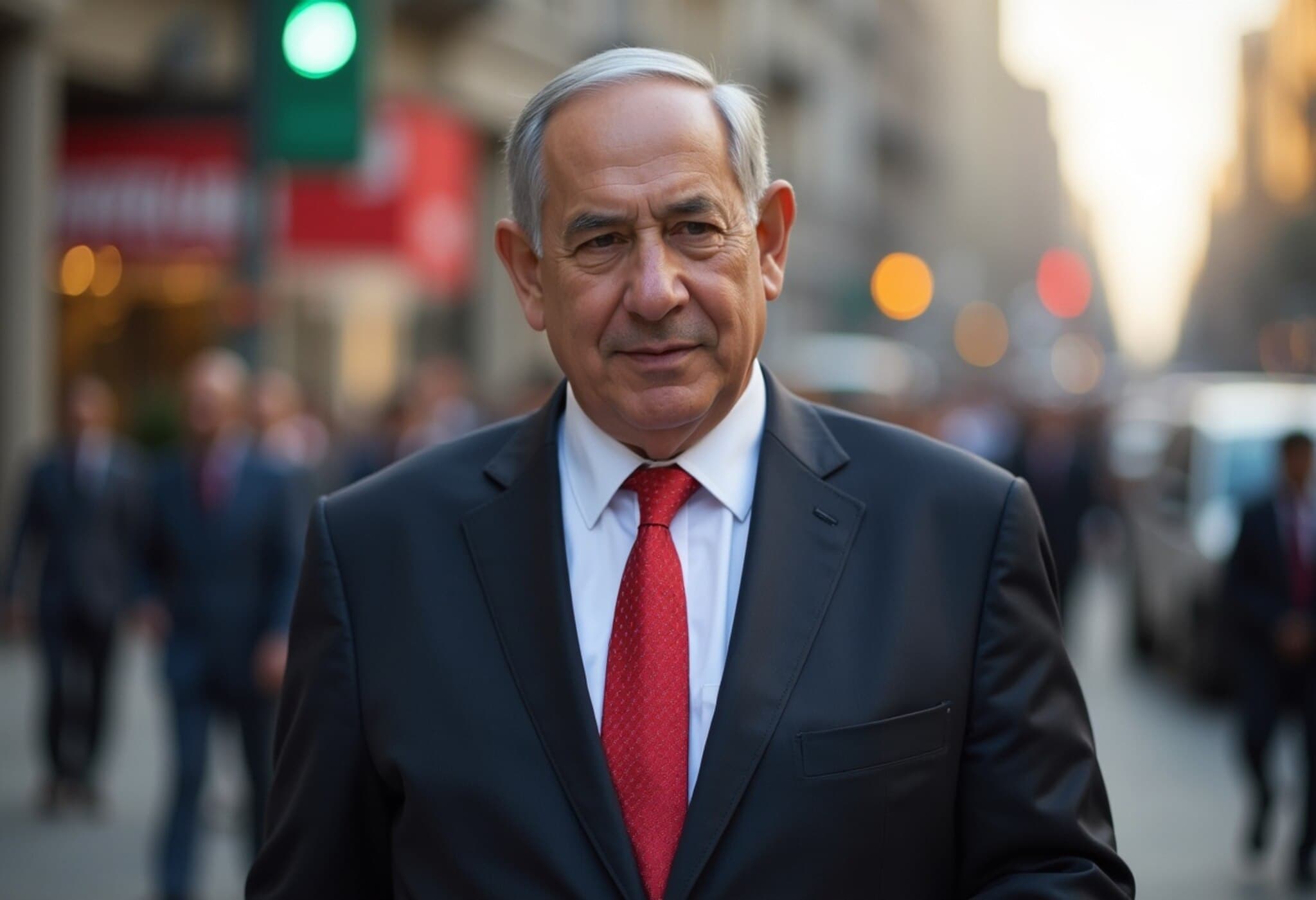Netanyahu and Israel’s Strategic Shift: Is Full Gaza Control Imminent?
In a development signaling a potentially dramatic escalation in the protracted Gaza conflict, Israeli Prime Minister Benjamin Netanyahu convened with top security officials to discuss the next phase of the military campaign. The discussion, lasting nearly three hours, centered on options for extending Israel’s operations in Gaza, with emerging reports indicating Netanyahu's inclination toward a complete military takeover of the Gaza Strip—a territory Israel withdrew from in 2005.
Context: Collapse of Ceasefire Efforts and Worsening Humanitarian Conditions
This deliberation comes as international attempts to broker a ceasefire have crumbled amid relentless fighting. The ongoing siege of Gaza has precipitated a severe humanitarian crisis, with the Gaza Health Ministry reporting the deaths of eight more individuals from starvation or malnutrition in a single day, on top of casualties resulting from Israeli strikes. Approximately 61,000 Palestinian lives lost, the vast majority civilians, underscore the devastating toll.
Despite mounting global calls to ease the blockade and alleviate hunger and medical shortages, the conflict shows no sign of abating. On the Israeli side, the October 7, 2023 attack by Hamas, which killed around 1,200 Israelis and took 251 hostages, including many civilians, continues to shape public and political resolve against Hamas.
The Strategic Implications of a Full Gaza Occupation
Taking control over Gaza would reverse the 18-year-old disengagement policy and represent a significant shift in Israeli strategy. Right-wing factions within Netanyahu’s coalition favor annexation of Gaza and the West Bank, arguing such measures would permanently neutralize Hamas and bolster Israeli security.
However, analysts caution that a prolonged occupation poses profound risks. The Israeli military, which has struggled to sustain a small standing force over nearly two years of conflict, faces the prospect of a drawn-out guerrilla war reminiscent of past Israeli-Palestinian confrontations. Furthermore, fully occupying Gaza’s dense urban landscape could exacerbate civilian suffering and international condemnation.
Hostage Crisis: A Human Face of the Conflict
The fate of the hostages remains central to Israeli objectives. A recent video released by Hamas showing a visibly malnourished Israeli captive has galvanized Israeli public opinion and complicated diplomatic efforts. With around 20 hostages reportedly still alive, Israeli officials emphasize that any military plan must secure their release.
Voices from Gaza and Beyond: The Human Toll and International Response
- Palestinian voices: Many civilians trapped in remaining uncontrolled areas fear a ground invasion will be catastrophic, with nowhere left to escape but the sea.
- Palestinian leadership: Warns against the ramifications of such a takeover, urging the international community to intervene urgently.
- Israeli political dynamics: The inclusion of far-right figures in the government furthers the push for annexation, while tension exists between military pragmatism and political ambition.
- International perspective: Global observers and humanitarian organizations are increasingly alarmed by the risk of famine and large-scale civilian casualties in Gaza.
Expert Analysis: What Lies Ahead for Gaza and Israeli Security?
From a geopolitical standpoint, the contemplation of total Gaza control raises critical questions about regional stability, legal precedents, and international law. While Israel’s government justifies these moves as necessary to dismantle Hamas and ensure security, human rights advocates warn of the potential for exacerbating humanitarian disasters and fueling cycles of violence.
Experts suggest that without parallel robust diplomatic efforts and international guarantees for civilian protection, the cycle of conflict may deepen, undermining prospects for long-term peace and security. Moreover, the global community’s response—balancing pressure for human rights with Israeli security concerns—will likely shape the conflict’s trajectory.
Editor's Note
The situation in Gaza is at a critical juncture, with Israel weighing an unprecedented military step that could reshape the conflict’s dynamics and the region’s future. While the desire to end hostilities and hostage crises is palpable, the risks of occupation—militarily, morally, and politically—are immense. Readers should watch closely how international diplomatic efforts evolve and consider the profound human costs on all sides. How might these developments influence US foreign policy and broader Middle Eastern peace initiatives? These questions remain open and urgent.


